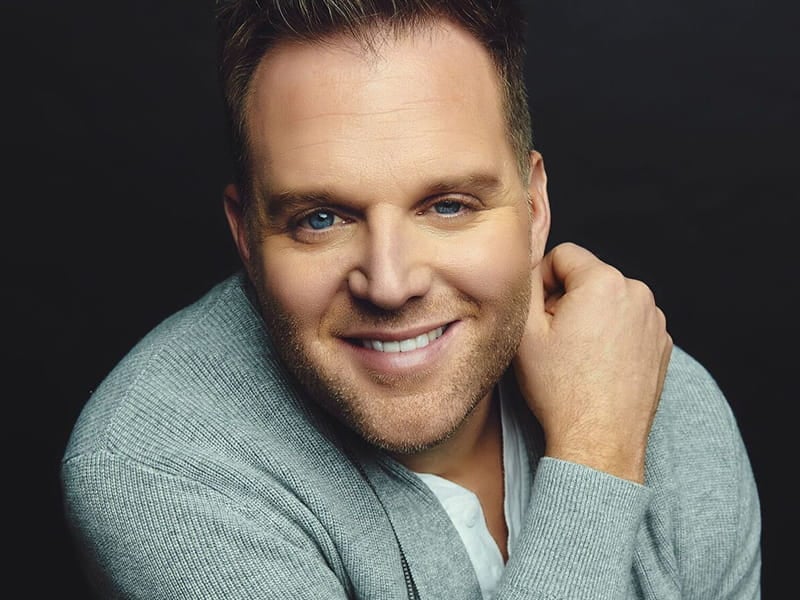By Peggy Noonan
Regan Books, 181 pp.
The Hillary Trap
By Laura Ingraham
Hyperion, 227 pp.
Hillary's Choice
By Gail Sheehy
Ballantine, 426 pp.
Hillary Clinton is like a Rorschach test: Everyone who looks at her sees a different person. She's an aggressive, brilliant lawyer; she should stay out of policy and stick to scheduling teas. She's smarter than her husband; she only uses her husband to get ahead. She's an aggrieved victim, a betrayed wife; she's prudish, too abrasive to be a good life partner. Nowhere is this clearer than in the raft of books we've seen this year on Hillary's life and public image.
Hillary's spirituality seems to blow along with her drifting personality. She's been pilloried as a wacky New Ager who tried to contact Eleanor Roosevelt in the Great Beyond; she's been pictured on the cover of The New York Times Magazine as a follower of Rabbi Michael Lerner and his politics of meaning; she's been tweaked as "St. Hillary" while at the same time depicted by her harshest critics as a soulless, almost Beelzebub-ish figure, constantly morphing to fit the latest focus group.
All this lives side-by-side with Hillary's lifelong commitment to the Methodist church, even though Bill's a Baptist. (This fits into the larger division of labor between her and Bill--the down-home Southern boy and the well-heeled, Wellesley-educated liberal.) "Our spiritual life as a family was spirited and constant," she wrote in "It Takes a Village," her 1996 book, of the role of religion in her childhood. "We talked with God, walked with God, ate, studied and argued with God."
Her religious constancy causes problems for Clinton-haters, who love to portray Hillary as the quintessential politician, attending to no higher guide than the latest polls. "She will do whatever works and be whoever she has to be to achieve her objectives," writes Peggy Noonan in her 2000 book "The Case Against Hillary Clinton." For Noonan, Hillary is a Faustian figure who married Bill Clinton only to bask in his glory. Noonan is convinced that Hillary made "a deal." A former Reagan speechwriter who has advertised her own upbringing as a Catholic, Noonan stops before mentioning Hillary's devotion to the church: Noonan's line of reasoning would demand she prove that Hillary's Christianity be as phony as her cookie-baking routine--window dressing for an empty soul.
Another complication for those who would paint Hillary as a pure cynic is her competing pedigree as a spiritualist. If Hillary isn't a sinister schemer, she's a flower child, hanging crystals and channeling dead First Ladies. In his 1996 book "The Choice," Bob Woodward described Hillary's work with New Age psychologist Jean Houston, "talking" with Gandhi and Eleanor Roosevelt. (Roosevelt, according to Woodward, told Hillary, "You have to do what you think is right.") Hillary says--and it's easy to believe her--that the session with Houston wasn't really a "seance" to call up Eleanor's spirit; it was just an "imaginative exercise" to get her thinking about role models.
Indeed, Hillary, it could be argued, is a more traditional Methodist even than George W. Bush, whose own southern-inflected Methodism--as he never fails to remind us--is more evangelical and personal. To the extent that faith informs Hillary's politics at all, it is in her very Methodist belief in the perfectability of the world. This strain of optimism is traceable to 19th-century Protestant reformers and their belief that the great engines of social policy can be set in motion to scrub society clean.
This isn't, of course, what Americans recognize as faith-based politics. Hillary has never cited Jesus as her favorite political philosopher, and she doesn't suggest her positions on healthcare, welfare, or kids' rights come from Scripture. In her Senate campaign, her positions were standard New Democrat fare: a tax credit here, a training program there. There's nothing that speaks of her mainline liberal Protestant background there.
The closest we've come to seeing Hillary's faith in action is in her explanations about why she's still married. In a debate against opponent Rick Lazio, she cited her faith as the key to what some see as the greatest paradox of Hillary's life--her willingness to stand by the man who betrayed her in front of the nation. Unauthorized Hillary biographer Gail Sheehy writes that when Hillary learned of Bill's infidelities, she wondered whether her Christian principles could abide such a "debauched" marriage.
The view we got is still murky. While Bill famously recruited several ministers to counsel him through the reconstruction of his private life, Hillary did not (at least publicly) seek spiritual counseling, even after the revelations about Monica and Bill became public knowledge. She recently told Oprah magazine that one of her favorite books is "The Return of the Prodigal Son," by Catholic priest Henri J.M. Nouwen--an analysis of the archetypal biblical story of forgiveness. This was a typically oblique reference to how faith made all right.
Nonetheless, voters these days regard religion as the ultimate sign that a person has an "inner core"--that they are not "just" politicians. It's ultimately to Hillary's credit that she, unlike W., grounds her politics in something other than her faith. It says more about the times and the kinds of displays people expect from politicians that this makes her an easy target for conservative critics like Ingraham, who try to make her spirituality out to be whatever they make out when they look at Hillary.

